With the colder weather upon us, you need to adjust your routines as a pet owner. Here are a few tips for the cold season and tips regarding holiday decorations!
- Antifreeze contains ethylene glycol, which destroys your pet's kidneys. Less than one teaspoon can be lethal to a cat; a quarter-cup of the sweet tasting stuff can kill a dog. Do not leave antifreeze containers accessible to pets. Clean up spills immediately using warm water. Less toxic antifreeze - sold as "pet safe" - is available, but even this is still harmful and you should take the same precautions with it. If you suspect your pet has ingested antifreeze, take it to a vet immediately.
- Outdoor cats may snuggle up to the warmth of a car engine on cold days. Check under the hood for animals, or at least honk your horn before starting your car.
- High-quality food with adequate protein and extra fat is required for animals that spend a lot of time in the cold. Your veterinarian may also recommend a vitamin supplement. Remember that water may freeze outdoors. Provide fresh, warm water in a large, deep, plastic bowl throughout the day.
- When walking smaller and/or older dogs, protect them with sweaters and don't stay outside longer than necessary.
- If ice clumps form on your dog's paws, wipe between each toe with a warm, wet cloth. Deicing salt can cause paws to crack; soak your dog's paws in warm water and dry them thoroughly if they were exposed to salt.
- Mistletoe, holly and poinsettia may cause harm to your pet. A list of plants that are toxic to pets can be found http://oregonvma.org/care-health/poisonous-plants.
- Make sure your christmas tree is well secured. Avoid adding preservatives, aspirin or sugar to your tree's water, or keep the water covered. Tidy up around your tree and wreaths as sharp pine needles can puncture your pet if ingested.
- Holiday decorations such as breakable ornaments should be kept out of reach of pets, as should fake cobwebs, tinsel, string, and ribbon. If your pet ingests any of these items, it could experience serious internal injuries, or worse.
- Light strands, loose wires and electric cords can be a serious hazard to your pet, especially puppies, who may chew them.

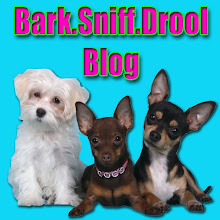
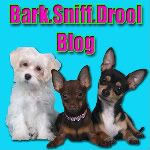
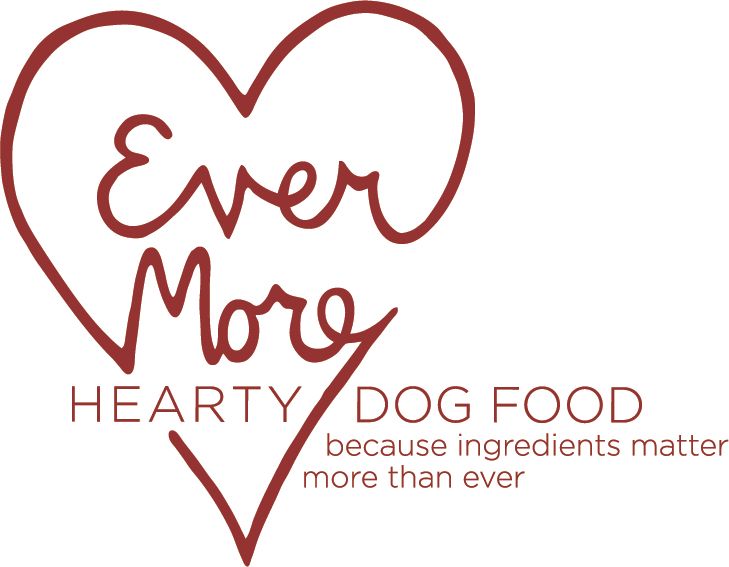
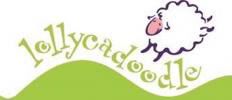



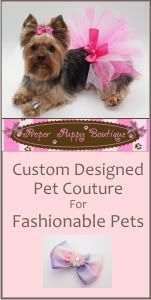

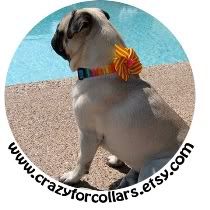





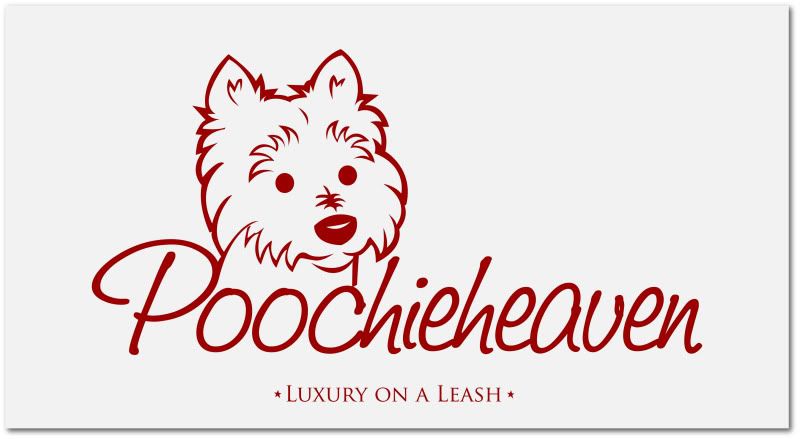

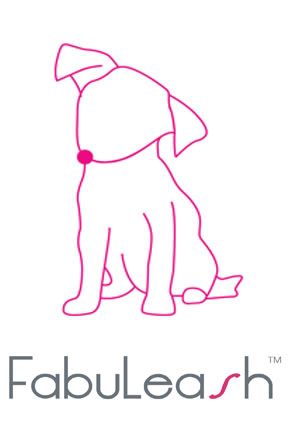
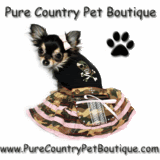

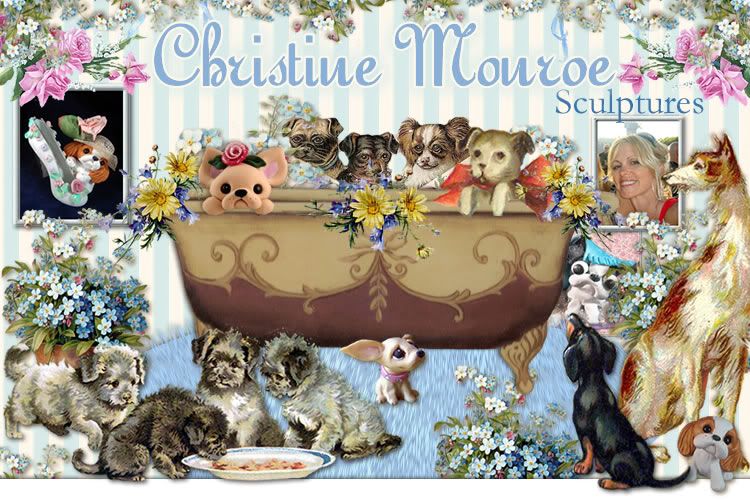


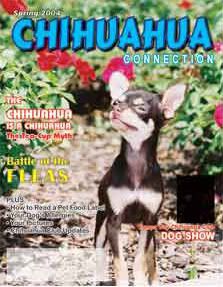




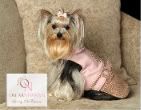
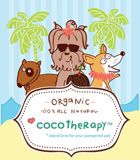
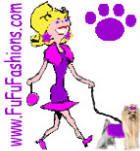







0 comments:
Post a Comment